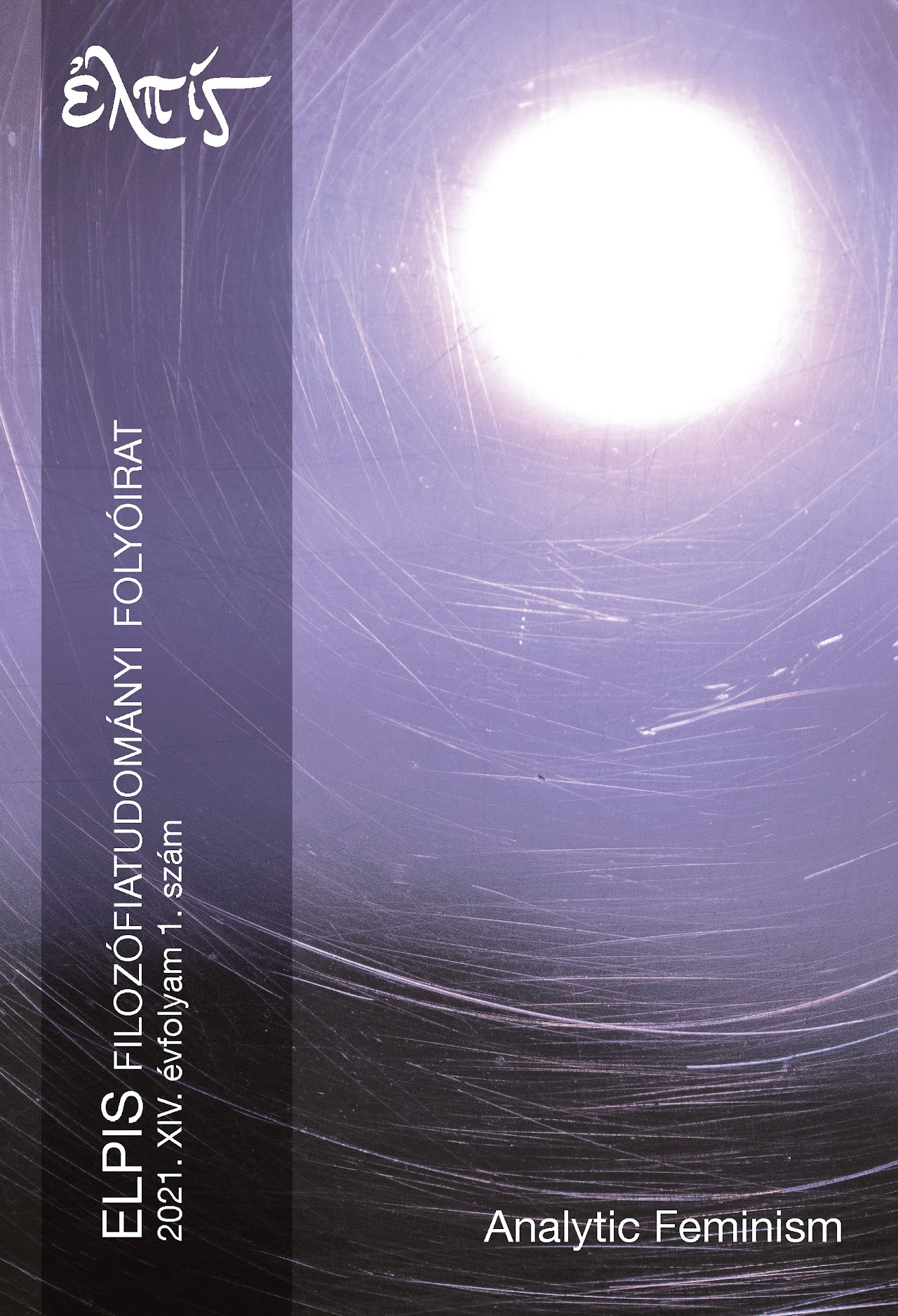Halál és halhatatlanság a Phaidónban
DOI:
https://doi.org/10.54310/Elpis.2021.1.8Keywords:
Plato, Phaedo, Strato, Immortality, ImperishabilityAbstract
In this paper, I analyse a passage in Plato’s Phaedo (105e6–107b10), where Socrates deduces from his proof of the immortality of the soul that the soul is imperishable as well. A number of authors (e. g. Taylor, Bostock) contend that Socrates’ argumentation is false because according to their reasoning it does not necessarily follow from the immortality of an entity that it is imperishable as well. Nevertheless, I argue that the premises accepted in the previous passages of the Phaedo make it possible to deduce from the immortality of the soul that it is imperishable. It is important to observe that in the final argument Socrates treats death and immortality in a more general, metaphysical context than it might be supposed at the first glance.




